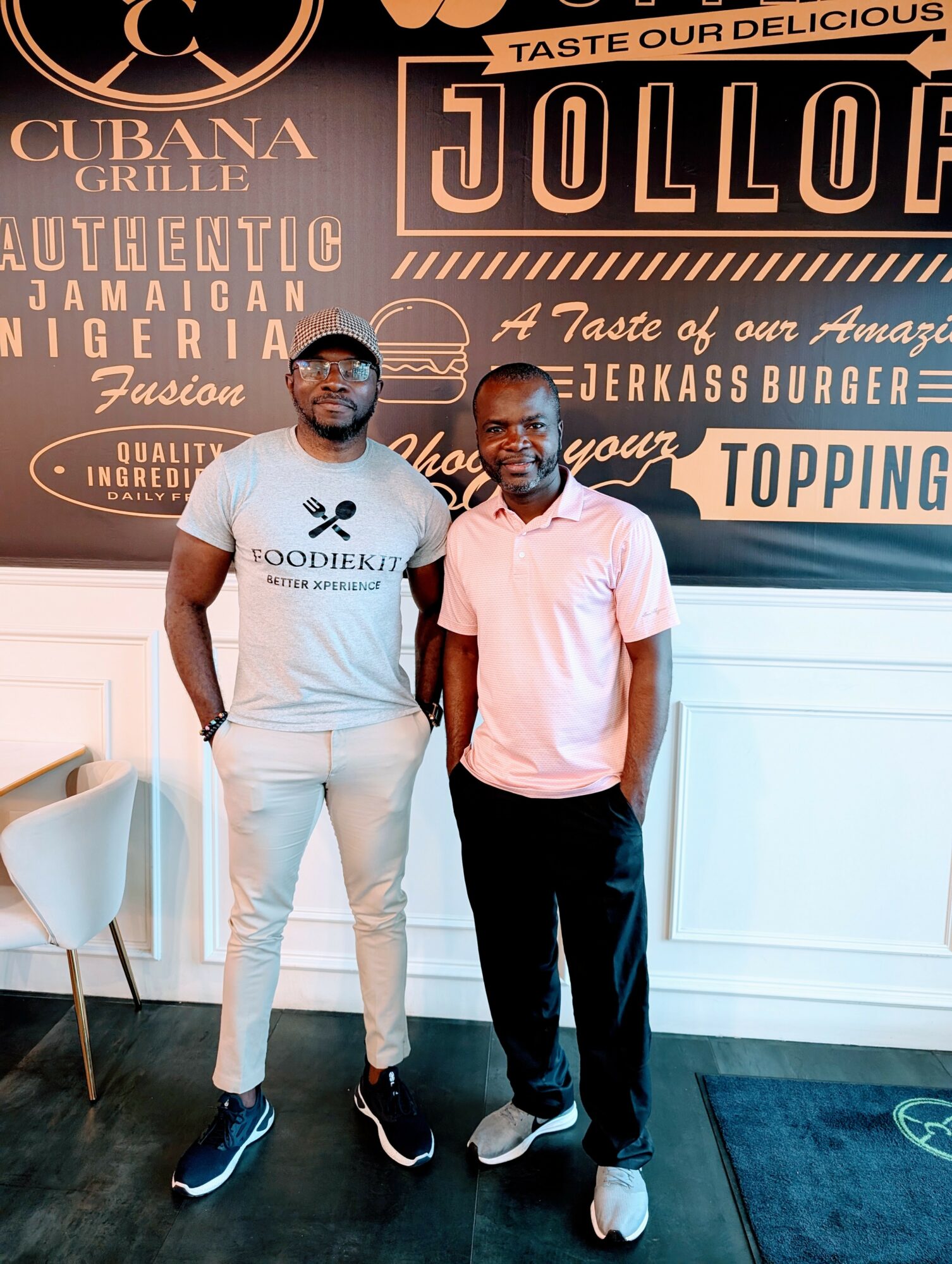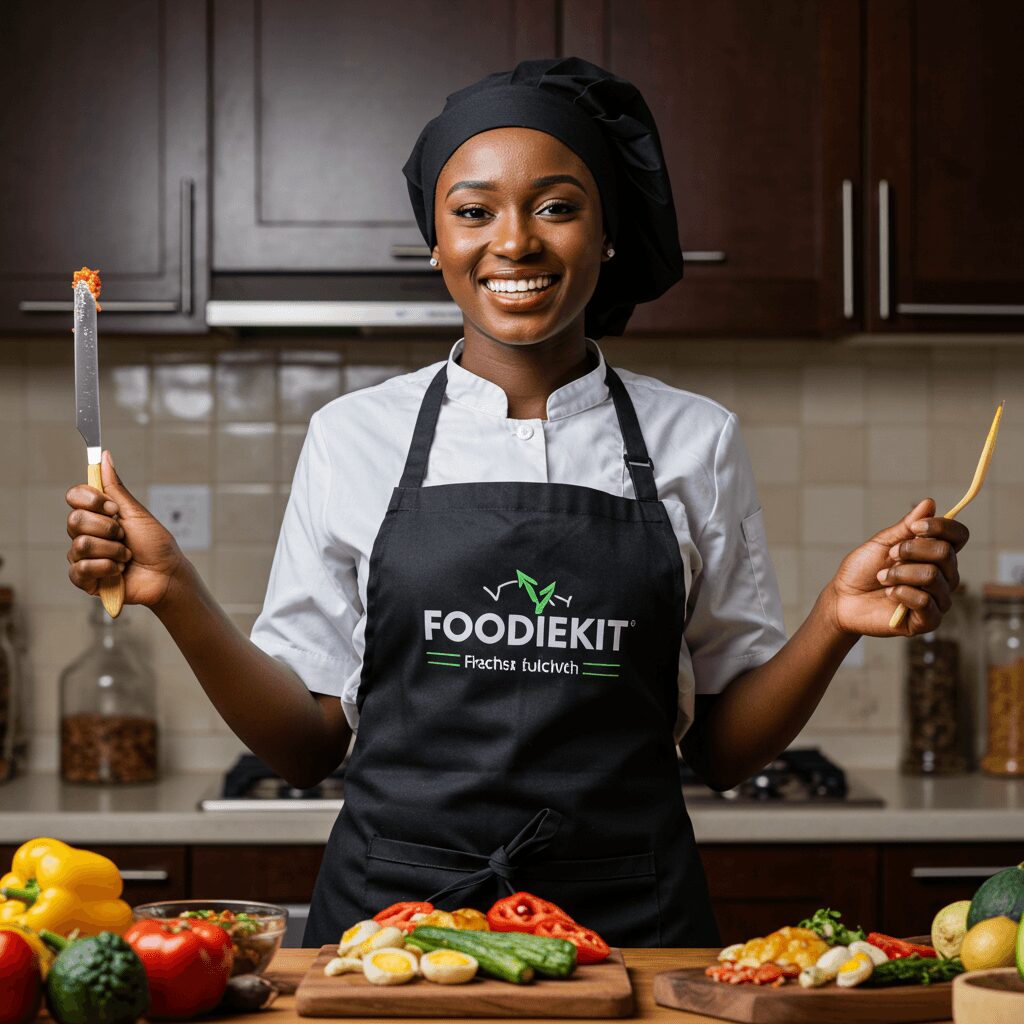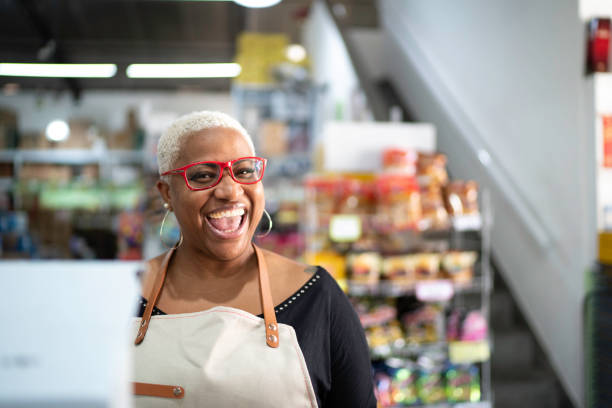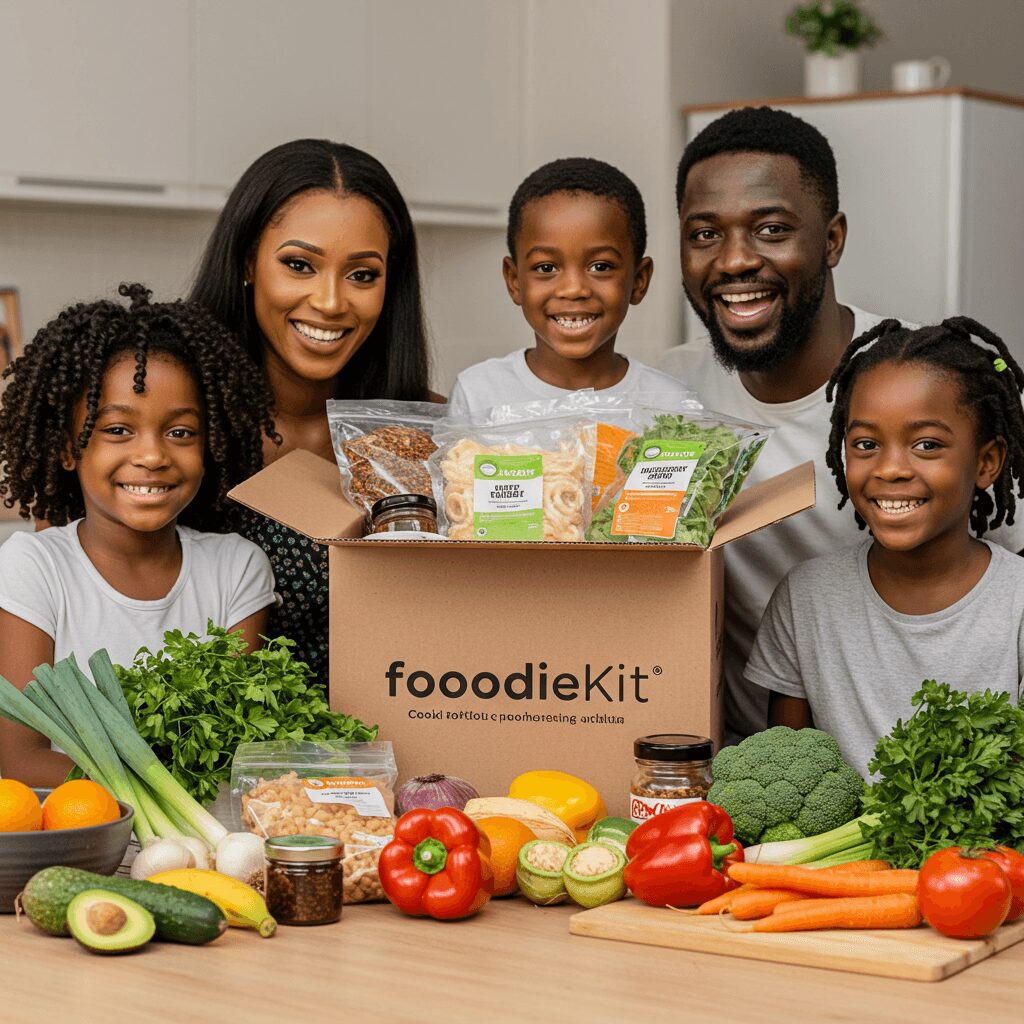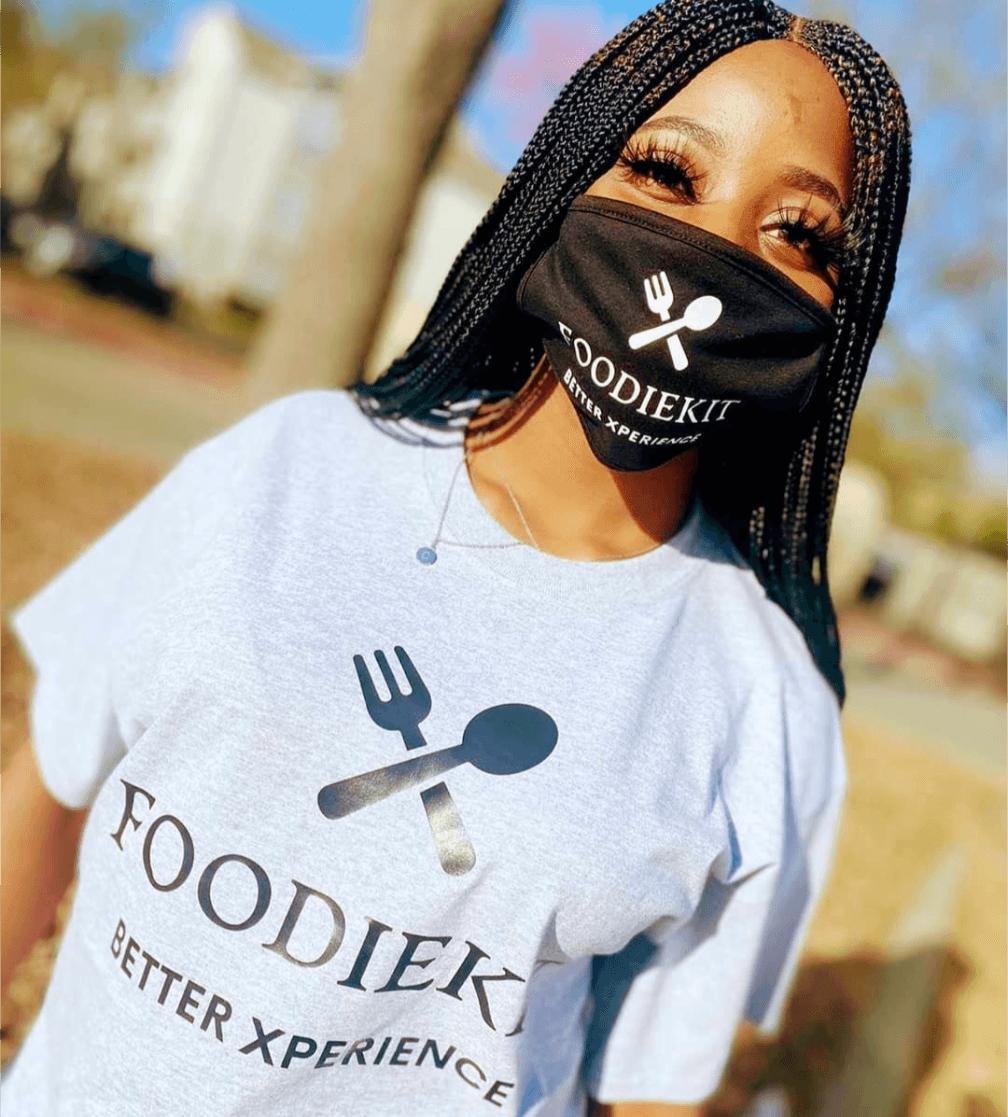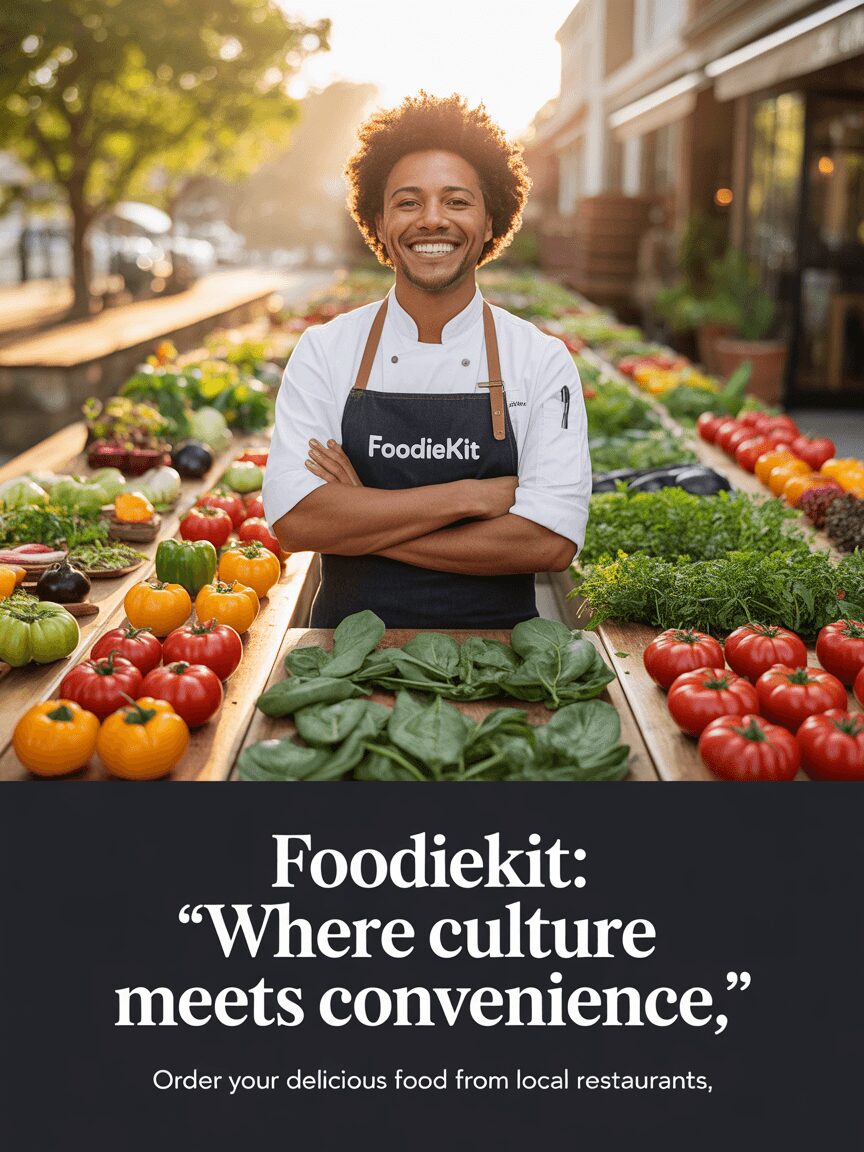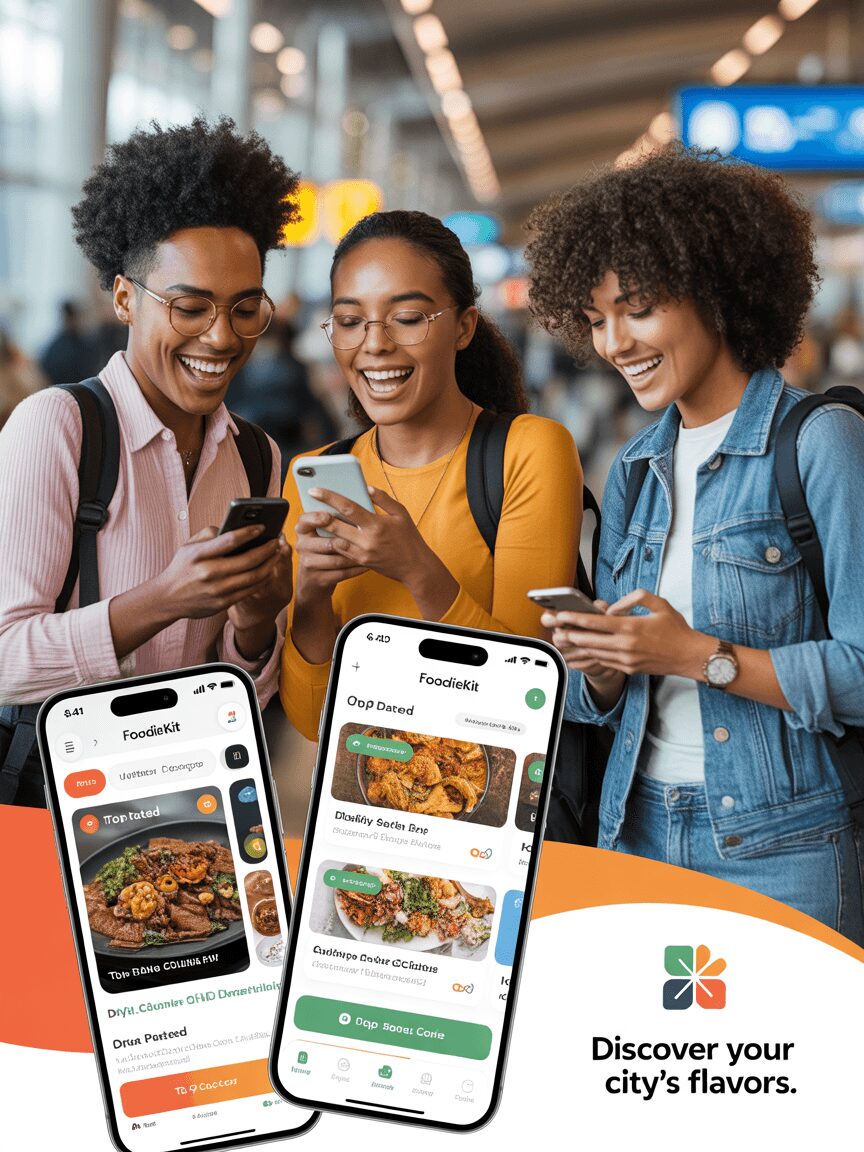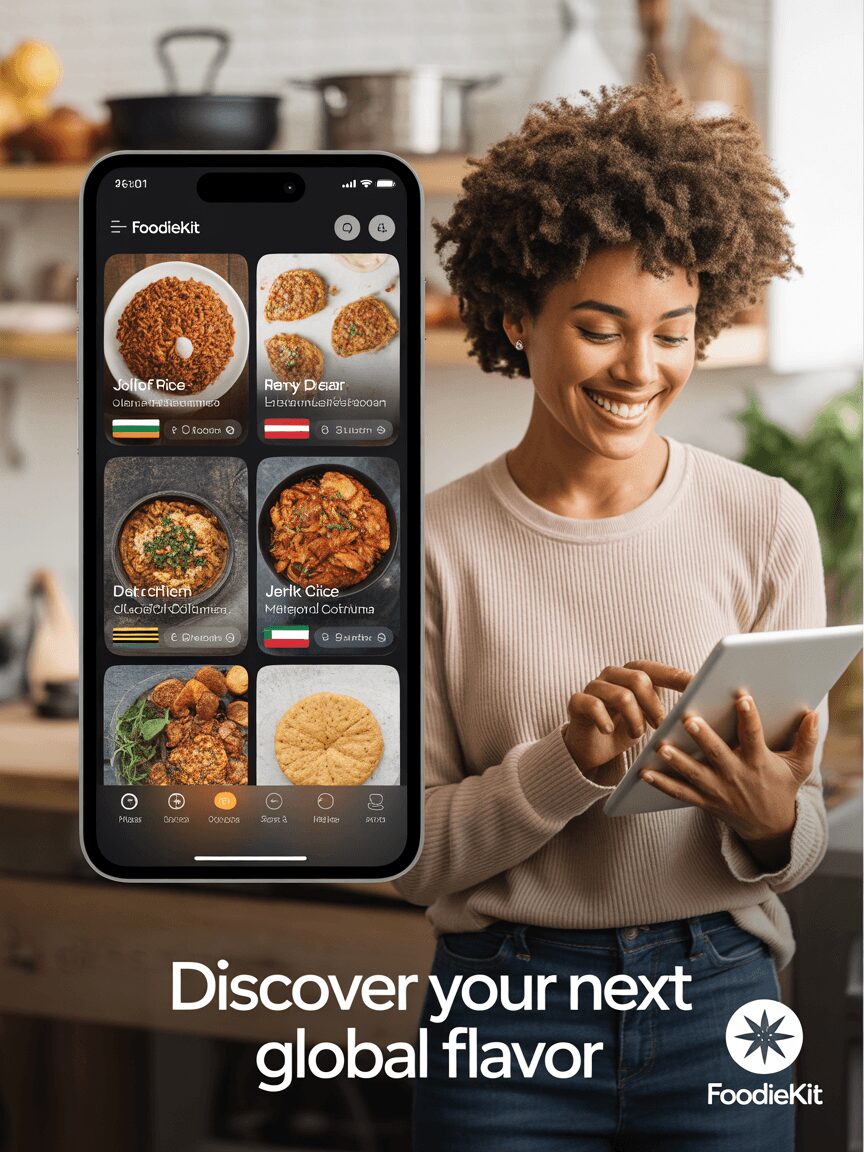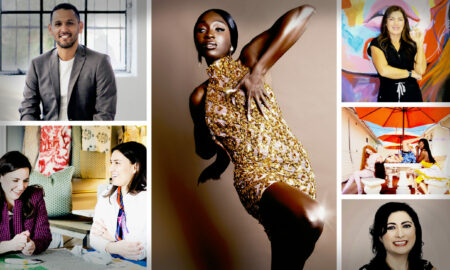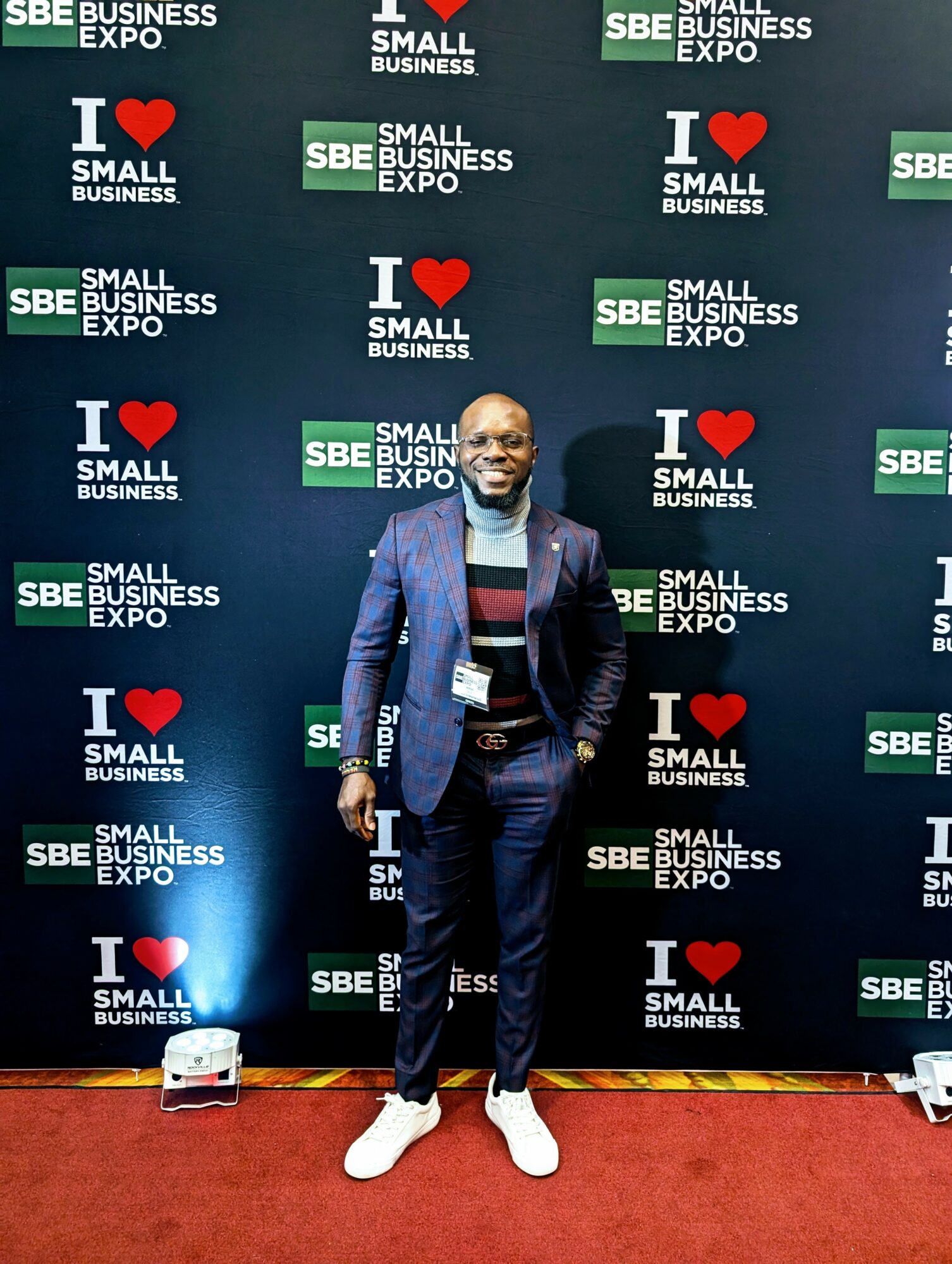

We recently had the chance to connect with Wilfred Obi Jr. and have shared our conversation below.
Wilfred, we’re thrilled to have you with us today. Before we jump into your intro and the heart of the interview, let’s start with a bit of an ice breaker: Have any recent moments made you laugh or feel proud?
Although we haven’t officially launched FoodieKit yet, I’ve felt incredibly proud of the progress we’re making in development of this amazing food delivery app. Seeing this idea come to life piece by piece—especially knowing the impact it can have, has been nothing short of inspiring.
What really makes me smile are the messages and conversations I’ve had with members of the African community here in the U.S. Many of them light up when they hear about a platform built with our culture and food systems in mind. The feedback has been so positive—people are already asking when they can sign up, refer their favorite restaurants, or even offer their help.
It’s that kind of genuine excitement and encouragement that keeps me going. We may still be building, but the energy around FoodieKit makes it feel like we’ve already made a difference.
Can you briefly introduce yourself and share what makes you or your brand unique?
My name is Wilfred Obi Jr., and I’m a purpose-driven entrepreneur who believes in using technology to bridge gaps and uplift communities. Over the years, I’ve launched and led several tech and consulting ventures, but FoodieKit is the most personal and impactful project I’ve worked on yet.
FoodieKit as the name implies is a culturally rooted foodtech platform designed to support ethnic grocery stores, local farmers, and authentic restaurants starting with the African and Caribbean communities both in the U.S. and in Nigeria. It was inspired by the disconnect I noticed between the richness of our food culture and the lack of representation in mainstream delivery or grocery apps. I wanted to build something that not only solved a business need but also preserved our food heritage and empowered the very people behind it.
What makes platform unique is our people first approach. We are creating tools that give small vendors visibility, fair pricing, and access to tech-driven operations while offering customers a curated, community-based food experience. Even though we are still in development, the excitement and encouragement we have received and still receiving has been deeply motivating.
Long term, I envision FoodieKit becoming a global bridge connecting diaspora communities to local producers, promoting food traceability, and creating economic opportunities across continents. It’s more than an app; it’s a movement to reimagine how culture, commerce, and community come together through food.
Amazing, so let’s take a moment to go back in time. What was your earliest memory of feeling powerful?
I was about 13 years old when I had a defining moment that made me realize the power of my voice. There was a disagreement within the family, and I found myself on the opposite side of a strong-willed aunt. I didn’t back down. I stood my ground—calmly but firmly—because I believed in what I was saying. That moment showed me I had the confidence to lead, to speak up, and to influence the direction of things, even as a young teenager.
Looking back, I now see that strength was deeply influenced by my dad. He was the kind of person who led with heart and conviction someone who believed that when you commit to something with passion, you can truly make a difference. That example has stayed with me and shaped the way I navigate leadership, business, and community impact to this day.
What have been the defining wounds of your life—and how have you healed them?
As someone who’s always been creative and innovative, I believed early on that I could succeed in business. But the journey has been anything but easy. One of my first defining wounds came during my first eCommerce venture about seven years ago. I was so excited and hopeful, expecting support from close friends—but to my surprise, none of them showed up for me. That was a tough pill to swallow.
Years later, when I began working on FoodieKit, I shared the vision and business plan with a friend, thinking we were aligned for a solid partnership. Unfortunately, that trust was broken in the latter stages, leaving me disappointed once again. I’ve even gone as far as crowdfunding for a tech project for one of my companies, only to face another round of unmet expectations and silence.
Each of those moments felt like a punch to the gut, but they also shaped me. I’ve learned to turn disappointment into discipline. Today, I move with quiet determination. I’ve grown more focused, more strategic, and more protective of my vision. I don’t need loud announcements—I let the work speak.
And through it all, I can only thank God. His guidance has refined me through the fire, and I’ve come to understand that every setback was part of his plan to build me up—not just as an entrepreneur, but as a stronger, wiser version of myself.
These experiences have shaped my leadership style today: grounded, discerning, and quietly confident. With FoodieKit, I lead with vision, not noise with a deeper sense of purpose, knowing that true impact doesn’t need validation, just consistency and heart. And as we prepare to launch and eventually scale FoodieKit across diverse communities, from the U.S. to Africa and beyond these hard-earned lessons continue to guide me. They remind me that real success is built not just on bold ideas, but on resilience, faith, and the ability to keep showing up even when no one is clapping yet
I carry these scars as reminders: that growth often whispers before it roars, and that purpose, when nurtured in silence, blooms the loudest.
So a lot of these questions go deep, but if you are open to it, we’ve got a few more questions that we’d love to get your take on. What’s a cultural value you protect at all costs?
As someone rooted in Igbo culture, one value I protect at all costs is “Igwe bu ike”—a powerful proverb that means “strength lies in the community” or “multitude is strength.” This timeless principle encapsulates the heart of Igbo philosophy and social structure, where individual success is often seen as a reflection of collective effort.
Here’s why this value is sacred to me:
Interdependence and Collective Responsibility:
In Igbo society, no one truly thrives alone. Igwe bu ike teaches that we rise by lifting each other. Whether it is in business, family, or community development, progress is most sustainable when it’s built on shared responsibility and mutual support. This mindset has guided how I build teams, structure partnerships, and engage with both local and diaspora communities.
Support System.
This value creates a safety net physically, emotionally, and economically. In times of hardship or celebration, community shows up. This sense of dependable support has shaped my entrepreneurial journey, reminding me that it’s okay to lean on others, and more importantly, to be there when others lean on me.
Conflict Resolution and Harmony
In Igbo culture, community elders and collective voices often mediate conflicts, prioritizing restoration over retaliation. This approach promotes long-term harmony and builds environments where trust and cooperation thrive something I deeply integrate into my leadership and organizational culture.
Resilience and Progress
Challenges feel lighter when carried together. Igwe bu ike fuels resilience not just emotionally, but strategically. Communities united by purpose can adapt, pivot, and rise again. This principle has especially inspired me during moments of business setbacks; knowing I’m not alone brings strength that can’t be measured.
Identity and Belonging
There is something deeply powerful about knowing you are part of something bigger than yourself. This value grounds me in my heritage and reminds me of who I am, where I come from, and the responsibility I carry forward. It is what motivates me to create platforms like FoodieKit not just for profit, but to serve, connect, and empower communities that often go overlooked.
In a world that often celebrates hyper-individualism, I stand firm in the belief that true power lies in unity. Igwe bu ike isn’t just a proverb it’s a way of life, and I’m committed to honoring it in everything I build.
Okay, so before we go, let’s tackle one more area. What will you regret not doing?
Hmmm, why would I ever want to hide my God-given talent? I believe each of us was created for a purpose far greater than comfort or survival. I often tell people: we only use about 20% of our brain to think, create, and execute. Imagine what would be possible if we tapped into just another 20%. The results would be nothing short of extraordinary.
For me, regret would look like living a life that played small, that settled, that stayed safe. I know deep in my spirit that I was chosen to do something meaningful for humanity—to build, to serve, to shift narratives, and to solve problems that others might avoid. Not walking in that purpose? That would be my greatest regret.
I can’t imagine sitting around and being comfortable with the norm. That’s not who I am. I’m wired for innovation, for stretching beyond limits, for stepping into uncomfortable spaces and bringing light. I want to be known as someone who showed up fully who didn’t just chase success but made impact, who didn’t just build businesses but built bridges, platforms, and legacies.
And the truth is, impact isn’t just a goal it’s a responsibility. I know what’s in me is rare, and it would be a disservice to God, to the world, and to myself if I didn’t give it everything I’ve got. I’m not here to blend in. I’m here to shift things.
Contact Info:
- Website: https://www.foodiekitng.com
- Instagram: https://www.facebook.com/wilfredo.obi
- Linkedin: https://linkedin.com/in/wilfredobijr
- Twitter: https://twitter.com/wilfredobijr
- Facebook: https://www.facebook.com/wilfredo.obi
